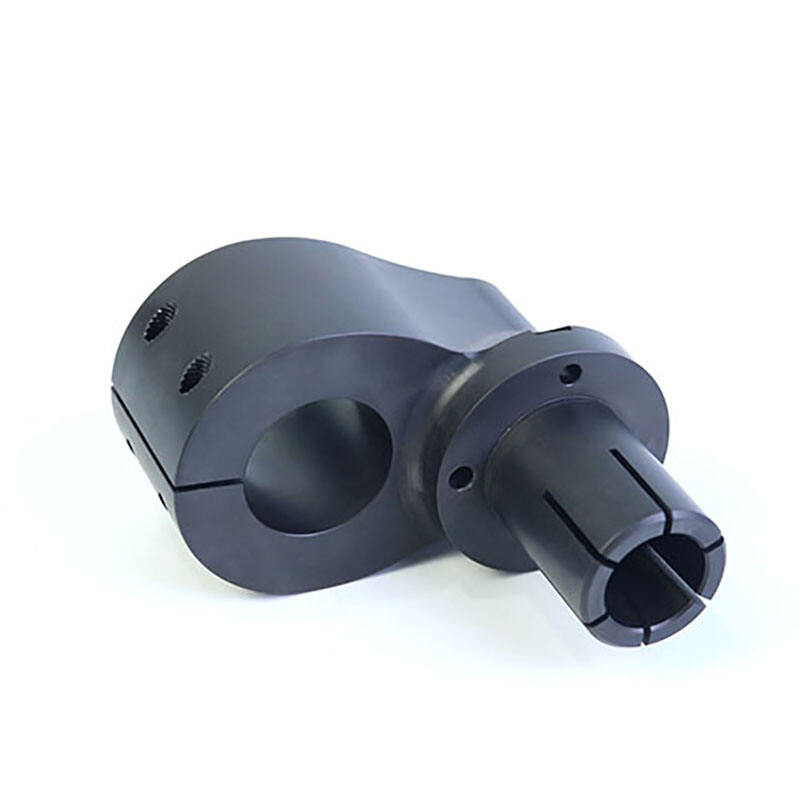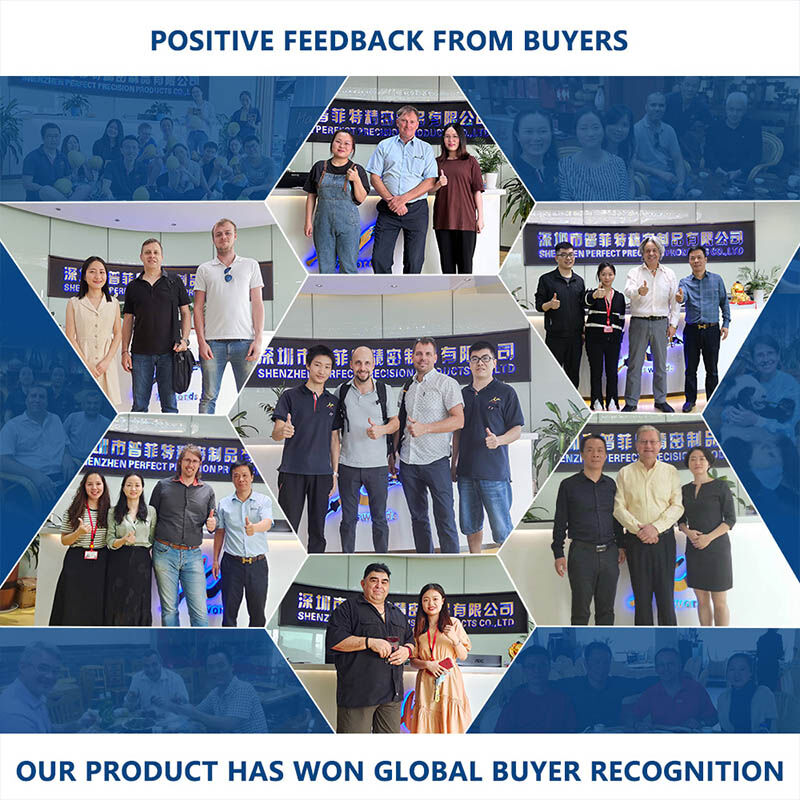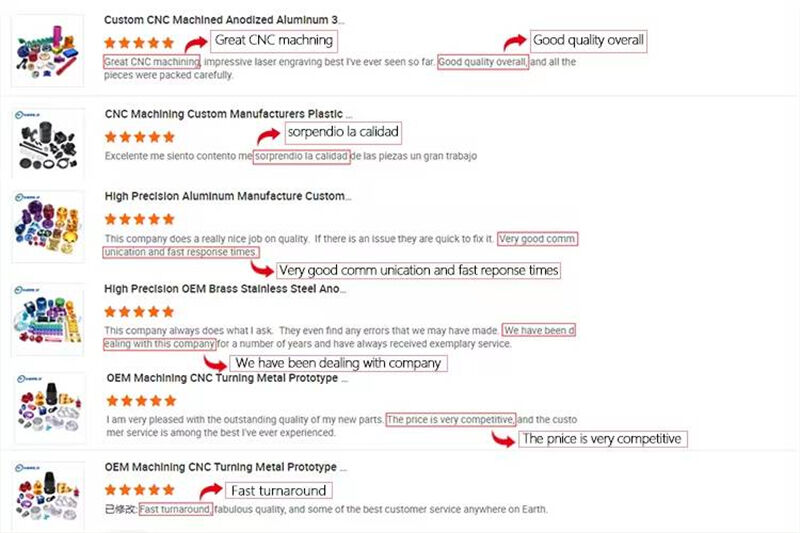Gebäude 49, Fumin Industrial Park, Pinghu Village, Bezirk Longgang
Sonntag geschlossen
Typ: Schlitzen, BOHREN, Ätzen / Chemische Bearbeitung, Lasermaschinenbau, Fräsen, Andere Bearbeitungsleistungen, Drehen, Draht EDM, Schnelles Prototyping
Artikelnummer: OEM
Schlüsselwort: CNC-Fräserdienstleistungen
Material: Edelstahl Aluminiumlegierung Messing Metall Plastik
Bearbeitungsverfahren: CNC-Fräsen
Lieferzeit: 7-15 Tage
Qualität: Hochwertige Qualität
Zertifizierung: ISO9001:2015/ISO13485:2016
MOQ: 1 Stück
Wenn Sie sich jemals gefragt haben, wie komplexe Teile immer wieder identisch hergestellt werden – sei es für Autos, Handys oder medizinische Geräte – liegt die Antwort oft in etwas, das man stahlspannvorrichtung Nennt. Diese unscheinbaren Werkzeuge sind die unauffälligen Helden der Fertigung und stellen sicher, dass jedes produzierte Teil präzise, konsistent und zuverlässig ist.

Einfach ausgedrückt ist eine Spannvorrichtung ein speziell angefertigtes Werkzeug, das ein Werkstück während des fertigungsprozesse wie zum Beispiel bearbeitung schweißens oder der Prüfung sicher fixiert. Wenn sie aus Stahl gefertigt sind, bieten diese Vorrichtungen Haltbarkeit, Stabilität und Präzision.
Stellen Sie es sich wie einen hochspezialisierten Schraubstock oder eine Klemme vor – jedoch speziell für ein bestimmtes Bauteil und eine bestimmte Aufgabe konzipiert. Ohne Vorrichtungen wäre Massenproduktion nicht möglich.
Vorrichtungen können aus Aluminium, Kunststoff oder sogar Verbundwerkstoffen hergestellt werden, aber stahl ist oft das Material der Wahl für anspruchsvolle Anwendungen. Hierfür gibt es folgende Gründe:
• Festigkeit & Steifigkeit: Stahl verformt oder verbiegt sich nicht unter Druck, was entscheidend ist, um enge Toleranzen einzuhalten.
• Haltbarkeit: Er widersteht wiederholter Nutzung, hohen Temperaturen und rauen Bearbeitungsumgebungen.
• Verschleißfestigkeit: Gehärtete Stahlvorrichtungen halten Jahre, selbst bei starker Beanspruchung.
• Vielseitigkeit: Stahl kann bearbeitet, geschweißt, geschliffen und wärmebehandelt werden, um exakte Anforderungen zu erfüllen.
Sie finden Stahlvorrichtungen hinter den Kulissen in nahezu jeder Industrie:
• CNC-Bearbeitung: Halten von Teilen während des Fräsens, Drehens oder Bohrens.
• Schweißen und Montage: Sicherstellen einer perfekten Ausrichtung der Komponenten vor dem Fügen.
• Qualitätskontrolle: Sichern von Teilen während der Messung mit Geräten wie Koordinaten-Messmaschinen (KMG).
• Automatisierung: Einsatz in robotergestützten Arbeitszellen zum Aufnehmen, Platzieren und Bearbeiten von Teilen.
Die Herstellung einer Spannvorrichtung ist eine eigene Kunstform. Der Prozess umfasst gewöhnlich:
• Konstruktion: Ingenieure entwerfen die Vorrichtung basierend auf der Geometrie des Bauteils und der durchzuführenden Operation.
• Werkstoffauswahl: Häufig verwendete Materialien sind Baustahl, Werkzeugstahl oder Edelstahl.
• Bearbeitung: CNC-Fräsen und -Drehmaschinen formen die Vorrichtung mit äußerst engen Toleranzen.
• Wärmebehandlung: Zur Erhöhung der Härte und Verschleißfestigkeit.
• Oberflächenbearbeitung: Flächen können geschliffen, poliert oder beschichtet werden, um die Leistung und Korrosionsbeständigkeit zu verbessern.
• Fräsvorrichtungen: Halten Teile während der Zerspanungsoperationen fest.
• Schweißvorrichtungen: Sorgen für eine exakte Ausrichtung der Bauteile, um perfekte Schweißnähte zu erzielen.
• Prüfvorrichtungen: Werden zur Überprüfung der Teilmaße verwendet.
• Montagevorrichtungen: Stellen sicher, dass alle Teile korrekt zusammengefügt werden.
• Fahrzeugherstellung: Motorblöcke werden mit massiven Stahlvorrichtungen bearbeitet.
• Elektronik: Telefongehäuse werden mit Lasern geschnitten und in maßgeschneiderten Vorrichtungen montiert.
• Medizintechnik: Implantate werden in rostfreien Stahlvorrichtungen der Sterilgüte poliert und geprüft.
Stahlvorrichtungen sind eines dieser Dinge, die man selten sieht, aber stets darauf verlässt. Sie bringen Präzision, Effizienz und Skalierbarkeit in die Fertigung – und verwandeln Ideen in Wirklichkeit, ein perfekt gehaltenes Teil nach dem anderen.
Ob Sie ein neues Produkt prototypisieren oder die Produktion hochfahren, die richtige Vorrichtung kann den entscheidenden Unterschied machen.



Frage: Wie schnell kann ich ein CNC-Prototyp erhalten?
Antwort: Die Lieferzeiten variieren je nach Komplexität des Bauteils, Materialverfügbarkeit und Oberflächenanforderungen, jedoch in der Regel innerhalb von:
• Einfache Prototypen: 1–3 Werktage
• Komplexe oder mehrteilige Projekte: 5–10 Werktage
Eilservice ist oft verfügbar.
Frage: Welche Design-Dateien muss ich bereitstellen?
Antwort: Um zu beginnen, sollten Sie folgende Dateien einreichen:
• 3D-CAD-Dateien (vorzugsweise im STEP-, IGES- oder STL-Format)
• 2D-Zeichnungen (PDF oder DWG), falls spezifische Toleranzen, Gewinde oder Oberflächenfinish erforderlich sind
Frage: Können Sie engste Toleranzen verarbeiten?
Antwort: Ja. Die CNC-Bearbeitung eignet sich ideal für die Umsetzung engster Toleranzen, üblicherweise innerhalb von:
• Standardtoleranz ±0,005" (±0,127 mm)
• Engere Toleranzen auf Anfrage erhältlich (z. B. ±0,001" oder besser)
Frage: Ist CNC-Prototyping für die Funktionsprüfung geeignet?
A: Ja. CNC-Prototypen werden aus echten werkstofftechnischen Materialien hergestellt, was sie ideal für funktionale Tests, Passungskontrollen und mechanische Bewertungen macht.
F: Bieten Sie neben Prototypen auch Kleinserienfertigung an?
A: Ja. Viele CNC-Dienstleister bieten Brückenfertigung oder Kleinserienfertigung an, ideal für Stückzahlen von 1 bis mehrere hundert Einheiten.
F: Ist mein Design vertraulich?
A: Ja. Seriöse CNC-Prototyping-Dienste unterzeichnen stets Vertraulichkeitsvereinbarungen (NDAs) und behandeln Ihre Dateien und geistiges Eigentum vollständig vertraulich.
Urheberrecht © Shenzhen Perfect Precision Products Co., Ltd. Alle Rechte vorbehalten — Datenschutzrichtlinie—Blog